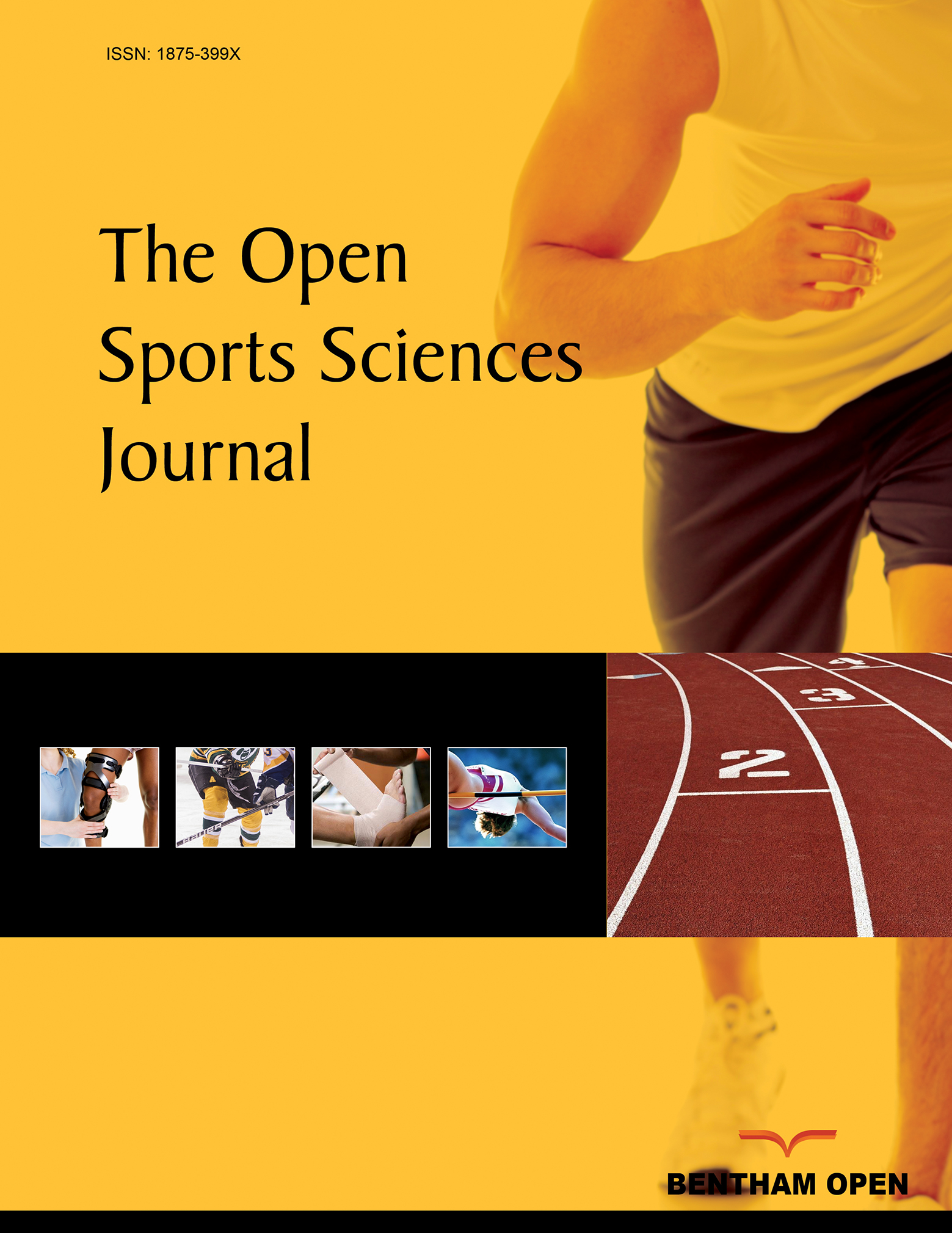All published articles of this journal are available on ScienceDirect.
Water Polo Performance Classification Based on the Functional Test for Agility Performance: A Long-Term Training Tool
Abstract
Background:
Water polo is an open-skilled team sport in which agility is important.
Objective:
This study aimed to propose a water polo player classification based on the Functional Test for Agility Performance.
Methods:
A total of 78 male water polo players of different competition levels (7.7% regional, 52.5% national and 39.7% international), years of training (6.7 ± 4.5; 2-25 years), weekly training frequency (6.1 ± 2.1; 2-12) and age (18.1 ± 4.3; 12-36) were evaluated in the Functional Test for Agility Performance. Hierarchical Cluster Analysis was used in five levels to classify water polo player performance.
Results:
The players were classified based on the Functional Test for Agility Performance as excellent (≤ 3.22 s), very good (3.23-4.48 s); good (4.49-4.76 s); under development (4.77-5.11 s) and learning (≥ 5.12 s). Age, years of training, and weekly training frequency showed a decreasing trend from Gr1 to Gr4. Athletes at the international level ranked primarily in the best performing groups (Gr1 and Gr2, n = 30), the ones at the national level in the intermediate groups (Gr2, Gr3 and Gr4; n = 41), with a higher concentration in Gr2, and those at regional level mainly in Gr4 (n = 4).
Conclusion:
This classification proposal is expected to be useful as a tool to evaluate the training of athletes of different competition levels as well as to follow up on water polo athletes in long-term training.


